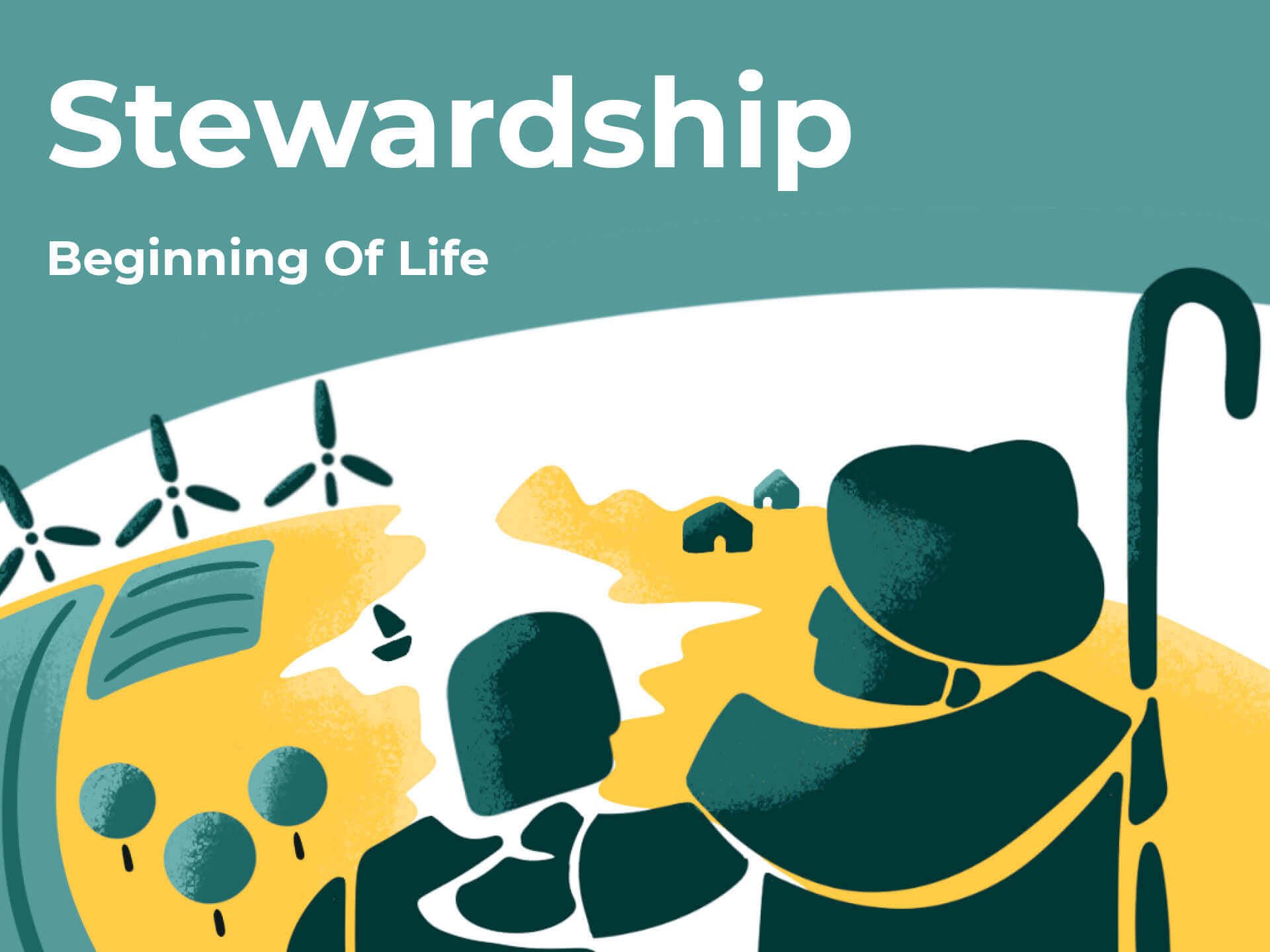Stewardship
About this series
This 11-part series will help us to understand and apply the Bible’s teaching on God’s plan for us to steward the gifts he has given us and therefore the type of people he is calling us to be in our day.
The entire message of the Bible reflects the statement in Psalm 24:1, “The earth is the Lord’s, and everything in it, the world, and all who live in it” (cf. Psalm 89:11). And yet we must balance that with the fact that God has also called mankind to steward his creation: “The highest heavens belong to the Lord, but the earth he has given to the human race” (Psalm 115:16) In making the distinction between God’s rule and our delegated rule, John Stott says, ‘Our possession of the earth is leasehold, therefore, not freehold. We are only tenants; God himself remains...the “landlord.”’
It’s also clear from the creation account in Genesis that mankind was specifically created to bear God’s image and to rule on his behalf over his creation:
Genesis 1:28: “God blessed them and said to them, ‘Be fruitful and increase in number; fill the earth and subdue it. Rule over the fish in the sea and the birds in the sky and over every living creature that moves on the ground.’”
William Edgar defines this mandate given to Adam: ‘The creation mandate is the on-going charge to humanity, in the power and blessing of God, to be fruitful, multiply, and fill the earth and to gently subdue and cultivate the earth.’ This mandate relates not only to the physical ‘earth’ but also to our physical selves, what we do with the resources God has given us and to the way we care for the rest of mankind.
About this talk
Scripture: Genesis 1 & 2
This will be an introduction to the series and help to set the scene for all that’s to come within the framework of the mandate outlined above. It is important to note that in giving this mandate, God was blessing Adam & Eve. This is part of what it means to be made in God’s image and to be blessed by him. In order to fulfil God’s intention for humanity and for his creation we need to take hold of this calling.
Essentially, three things are commanded:
“Be fruitful and increase in number; fill the earth”
“Subdue it”
“Work it and take care of it”
We should beware any division of spiritual and physical, a distinction not made by the Bible or the Judaism of Jesus’ time. He declared his physical creation good; Jesus was/is a fully physical human; it is on a newly created earth in resurrected bodies that we will enjoy the new heaven - God’s presence will finally and fully inhabit the physical, as Isaiah and Revelation picture for us.
God is the Lord of all of life; his blessings include both spiritual and physical; we serve and worship him in our physical bodies and the call remains on us to do all we can to appreciate his gifts and to care for them to the best of our ability. Hence in this series we’ll look at various areas related to that.
We look at:
What does it mean to be a steward?
What do the three commands (above) actually mean (check words in the original language).
In what ways might we be in danger of counting the spiritual ahead of the physical?











God gives us reasons for working, without making it the reason. Work, then, becomes an avenue for using the creative opportunities God has given, to serve other people and to love him - all of which we do for his glory.